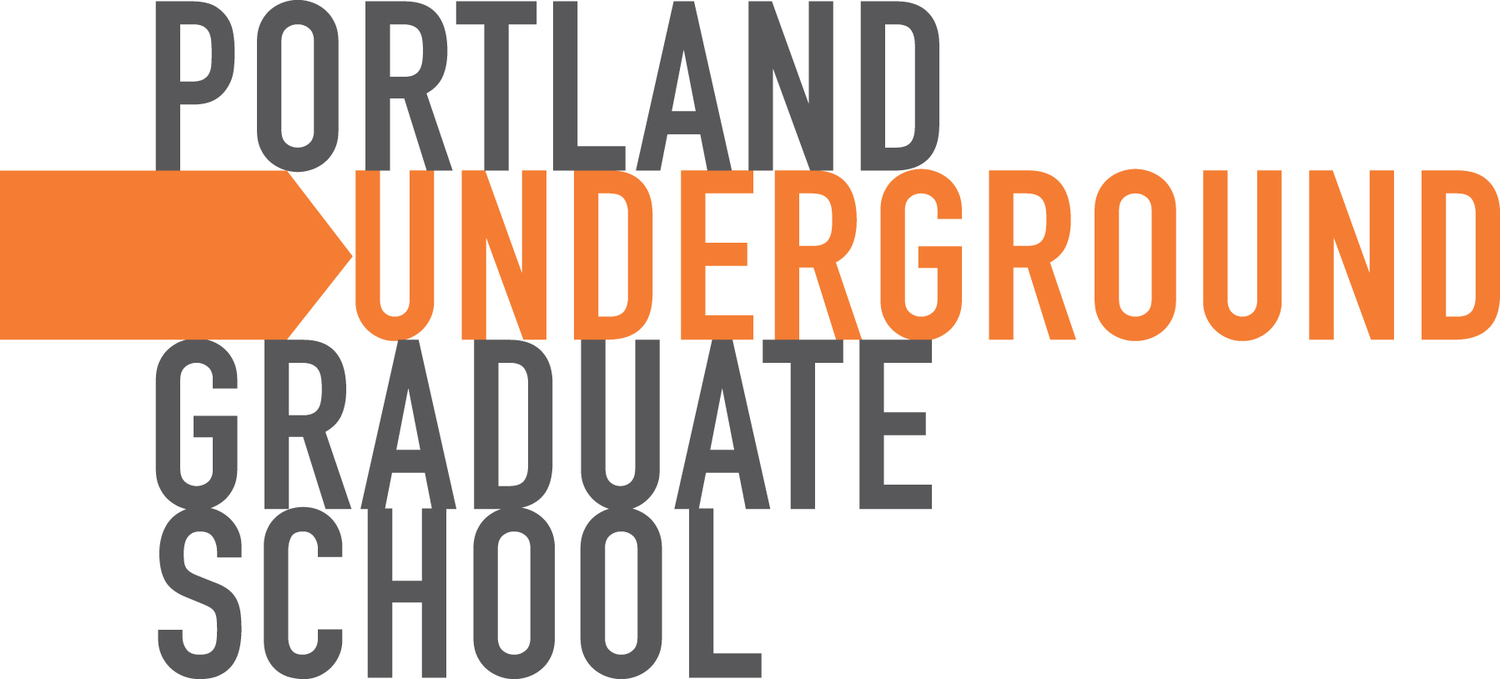Mass Incarceration in Oregon (June 2019)
Mass Incarceration in Oregon (June 2019)
Mass incarceration is the racial justice issue of our time. What are we going to do about it?
Date: Mondays, June 3 - 24
Time: 6:30 - 8:30pm
Location: NE Coalition of Neighborhoods | 4815 NE 7th Ave.
Tier A Pricing: $199 ($30/hr or above wage earners)
Tier B Pricing: $149 ($16-29/hr wage earners)
Tier C Pricing: $99 ($15/hr or below wage earners)
See our Pricing + Generosity Policy for more information on tiered pricing.
PUGS is about both learning and community. Register with a friend and get 25% off with the code YOUVEGOTAFRIEND
The U.S. incarcerates more people per capita than any country in the world, and incarceration rates are acutely and disproportionately concentrated in communities of color. Despite its progressive reputation, Oregon ranks third highest in the nation for its juvenile incarceration rate and imprisons Black Oregonians at the highest rate of any state outside the Deep South.
For the first time in decades, people across the country are paying attention to the destructive impact of our criminal justice system, and the possibilities for change have never been so promising. In this class, we’ll learn the roots and real-life experiences of mass incarceration with an emphasis on how Oregon fits into the national criminal justice landscape. We'll explore the current campaigns for policy reform led by local organizations and identify what we can do individually and collectively to join the movement to dismantle mass incarceration within Oregon.
This course will be co-taught by Arnoldo Ruiz and Nicole Lindahl, who together offer in-depth expertise on the contemporary criminal justice system from personal, professional, and academic perspectives.
Week One: What is Mass Incarceration?
What are the key features of mass incarceration and what does it look like in Oregon? Which populations are most impacted?
Week Two: How did we get here?
What national trends led to the emergence of mass incarceration? How is mass incarceration connected to the legacy of racial exclusion in the US? What events, actors, and policies led to our increased reliance on incarceration in Oregon?
Week Three: The Lived Experience of Incarceration
How did increasing incarceration rates impact the conditions inside US prisons? How has mass incarceration shaped the lives of those in Oregon prisons? How has it affected their romantic partners, children, and families?
Week Four: The Path Forward
What are the most promising strategies for reforming and transforming Oregon's criminal justice system? How can we support them?
Arnoldo Ruiz was incarcerated for 19 years and has extensive personal experience with Oregon's criminal justice system. Arnoldo's life story is a testament to the impact of Measure 11 (Oregon's mandatory minimum sentencing law) on prison conditions, incarcerated people, and their families. He now works with adjudicated youth for the Latino Network.
Nicole Lindahl has worked to dismantle mass incarceration for the past 20 years. Most recently, she earned her PhD from UC Berkeley researching the life histories of people who were convicted of violent crimes and served long sentences in California.
Main image by miss_millions, Creative Commons.



